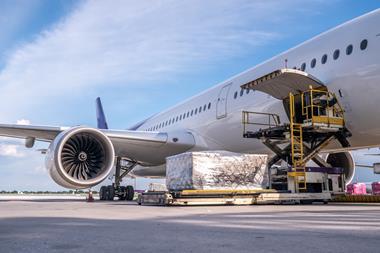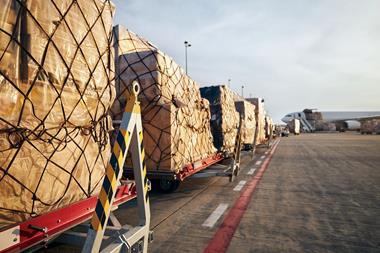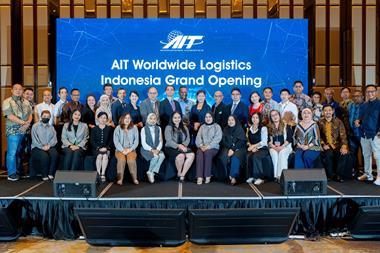Germany has retained its pole position in the 2018 Logistics Performance Index (LPI) published by the World Bank.
The biennial survey ranks countries through six criteria, including Customs and border management clearance, and the quality of trade and transport related infrastructure.
While Germany came top in 2018 for the third time in a row, with a score of 4.20, Sweden rose one place to second position, with a score of 4.05, followed by Belgium which surged three places from sixth in 2016 to third in the latest survey.
Austria rose from seventh to fourth place, versus 2016, while Japan jumped up seven places to fifth position in 2018.
The UK, which faces an exit from the European Union in March of next year, fell one place to ninth in 2018, with a score of 3.99. The US was in 14th place, while Hong Kong and China combined were in twelfth place. Afghanistan came bottom of the 160 countries surveyed, just below Angola and Burundi.
In its report, the World Bank stated: "Over the past several years, high-income countries, most of which are in Europe, occupied the top 10 positions in the LPI rankings. Not surprising, since these countries traditionally have been dominant in the supply chain industry.
"The composition of the 15 best-performing countries has not significantly changed either. But it is worth highlighting major improvements in the LPI scores of Japan, Denmark, the United Arab Emirates, and New Zealand since 2012."
In 2018, almost 6,000 country assessments were made by logistics professionals. The World Bank said that the report provides new insights on cybersecurity threats in logistics and the use of electronic trading platforms by shippers.
The full report, Connecting to Compete, can be accessed here
Sign up to receive Air Cargo News direct to your inbox for free










